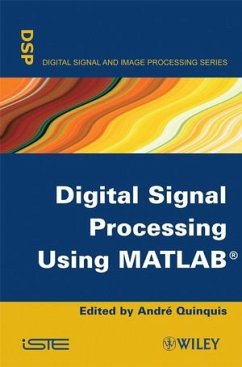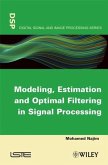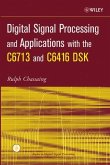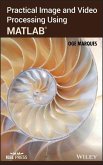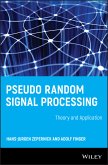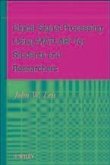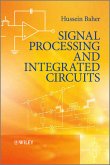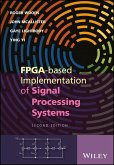This book uses MATLAB as a computing tool to explore traditional DSP topics and solve problems. This greatly expands the range and complexity of problems that students can effectively study in signal processing courses. A large number of worked examples, computer simulations and applications are provided, along with theoretical aspects that are essential in order to gain a good understanding of the main topics. Practicing engineers may also find it useful as an introductory text on the subject.
Dieser Download kann aus rechtlichen Gründen nur mit Rechnungsadresse in A, B, BG, CY, CZ, D, DK, EW, E, FIN, F, GR, HR, H, IRL, I, LT, L, LR, M, NL, PL, P, R, S, SLO, SK ausgeliefert werden.

